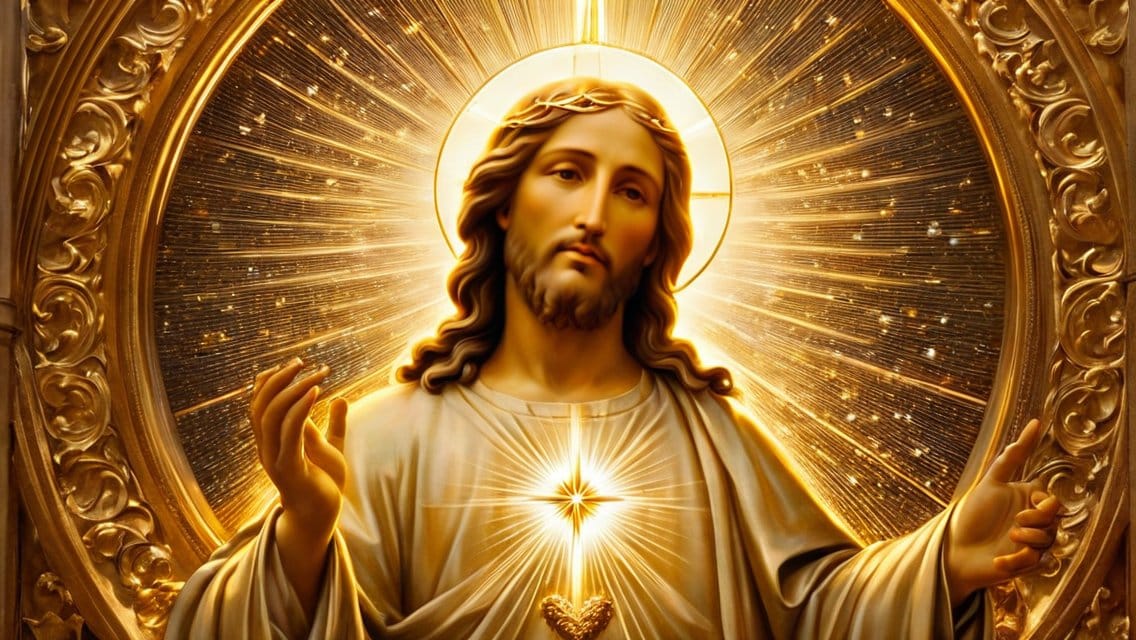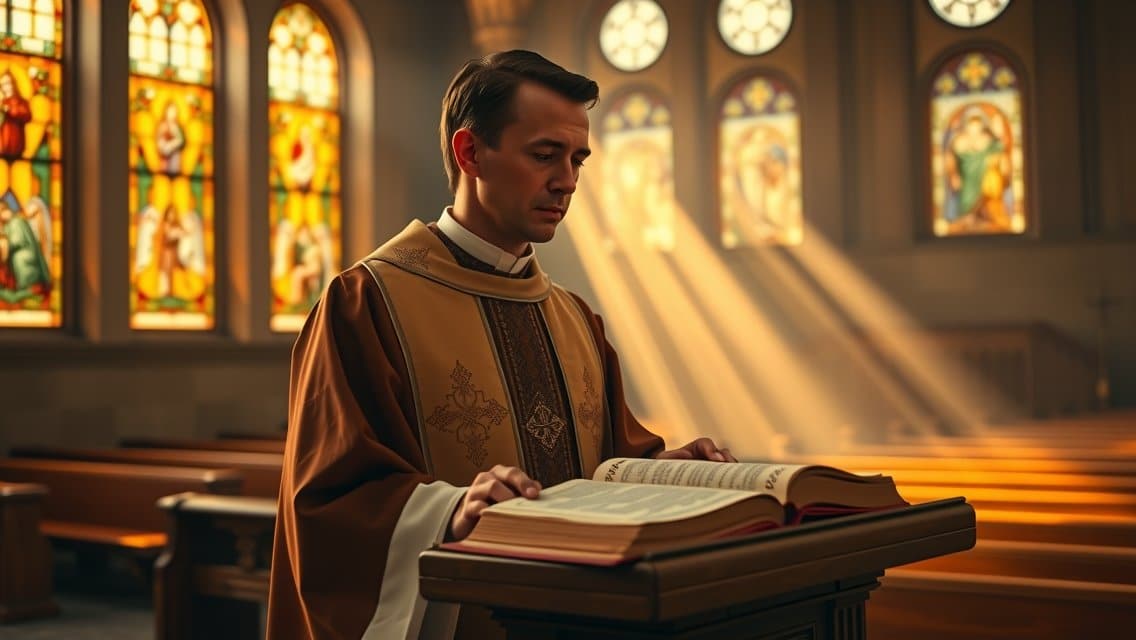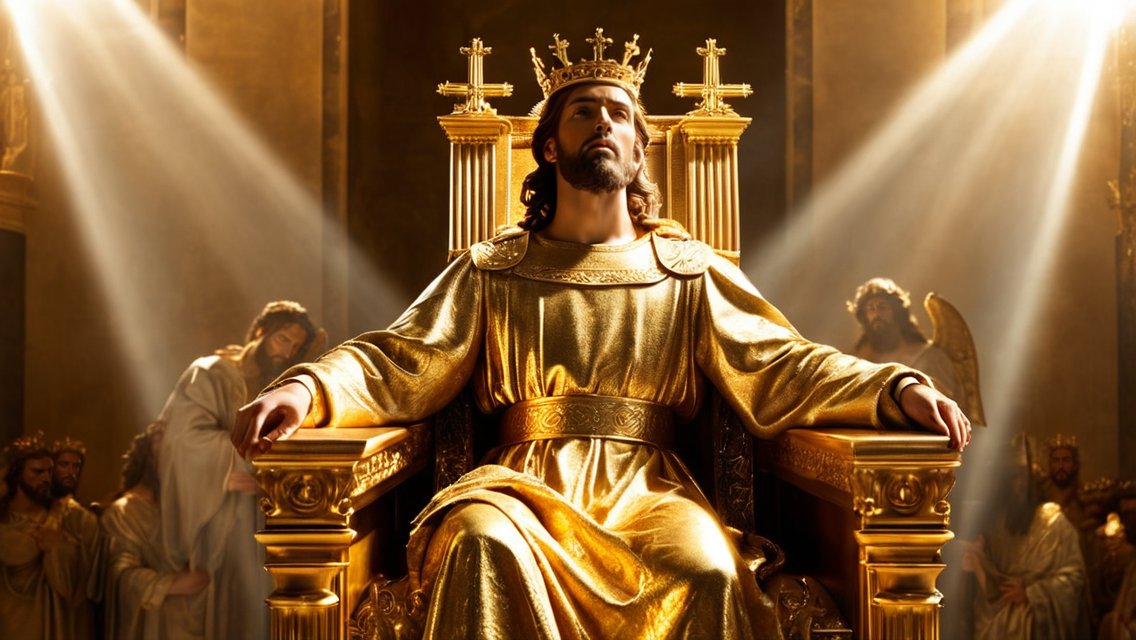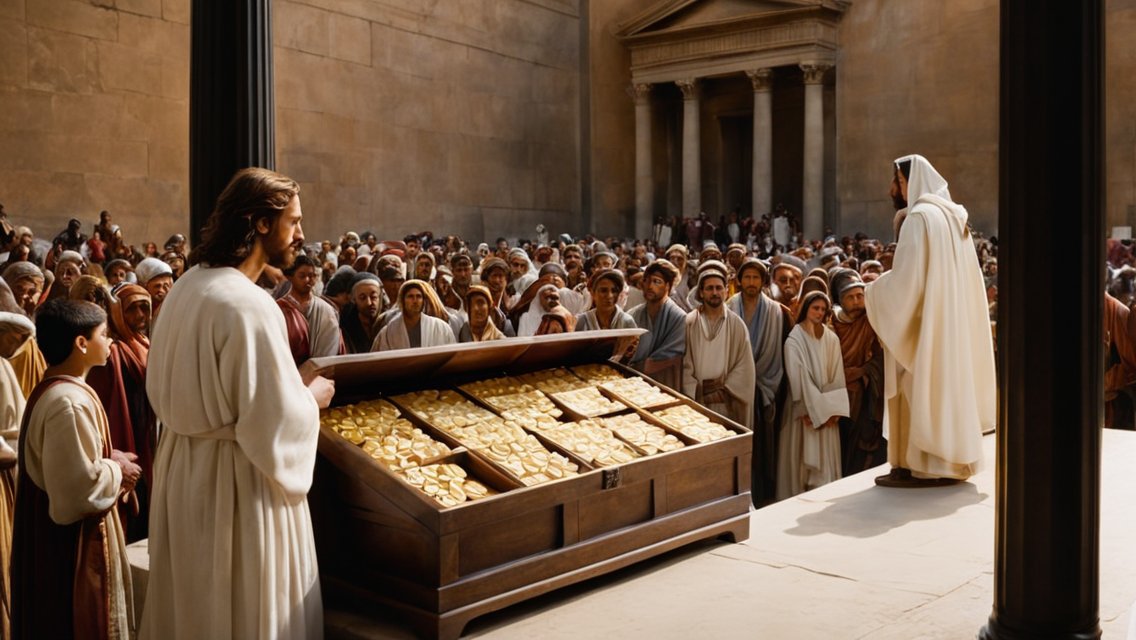Second Sunday of Easter Homily – Year B
Readings: Acts 4:32-35, l Jn 5:1-6, Jn 20:19-31
1st Reading – Acts 4:32-35
32 The community of believers was of one heart and mind, and no one claimed that any of his possessions was his own, but they had everything in common.
33 With great power the apostles bore witness to the resurrection of the Lord Jesus, and great favor was accorded them all.
34 There was no needy person among them, for those who owned property or houses would sell them, bring the proceeds of the sale,
35 and put them at the feet of the apostles, and they were distributed to each according to need.
Responsorial Psalm – Psalms 118:2-4, 13-15, 22-24
R. (1) Give thanks to the LORD, for he is good, his love is everlasting.
or:
R. Alleluia.
2 Let the house of Israel say,
“His mercy endures forever.”
3 Let the house of Aaron say,
“His mercy endures forever.”
4 Let those who fear the LORD say,
“His mercy endures forever.”
R. Give thanks to the LORD, for he is good, his love is everlasting.
or:
R. Alleluia.
13 I was hard pressed and was falling,
but the LORD helped me.
14 My strength and my courage is the LORD,
and he has been my savior.
15 The joyful shout of victory
in the tents of the just:
R. Give thanks to the LORD, for he is good, his love is everlasting.
or:
R. Alleluia.
22 The stone which the builders rejected
has become the cornerstone.
23 By the LORD has this been done;
it is wonderful in our eyes.
24 This is the day the LORD has made;
let us be glad and rejoice in it.
R. Give thanks to the LORD, for he is good, his love is everlasting.
or:
R. Alleluia.
2nd Reading – 1 John 5:1-6
Beloved:
1 Everyone who believes that Jesus is the Christ is begotten by God, and everyone who loves the Father loves also the one begotten by him.
2 In this way we know that we love the children of God when we love God and obey his commandments.
3 For the love of God is this, that we keep his commandments. And his commandments are not burdensome,
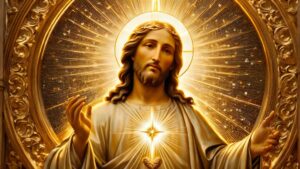
4 for whoever is begotten by God conquers the world. And the victory that conquers the world is our faith.
5 Who indeed is the victor over the world but the one who believes that Jesus is the Son of God?
6 This is the one who came through water and blood, Jesus Christ, not by water alone, but by water and blood. The Spirit is the one that testifies, and the Spirit is truth.
Alleluia – John 20:29
R. Alleluia, alleluia.
29 You believe in me, Thomas, because you have seen me, says the Lord;
Blessed are those who have not seen me, but still believe!
R. Alleluia, alleluia.
Gospel – John 20:19-31
19 On the evening of that first day of the week, when the doors were locked, where the disciples were, for fear of the Jews, Jesus came and stood in their midst and said to them, “Peace be with you.”
20 When he had said this, he showed them his hands and his side. The disciples rejoiced when they saw the Lord.
21 Jesus said to them again, “Peace be with you. As the Father has sent me, so I send you.”
22 And when he had said this, he breathed on them and said to them, “Receive the Holy Spirit.
23 Whose sins you forgive are forgiven them, and whose sins you retain are retained.”
24 Thomas, called Didymus, one of the Twelve, was not with them when Jesus came.
25 So the other disciples said to him, “We have seen the Lord.” But he said to them, “Unless I see the mark of the nails in his hands and put my finger into the nail marks and put my hand into his side, I will not believe.”
26 Now a week later his disciples were again inside and Thomas was with them. Jesus came, although the doors were locked, and stood in their midst and said, “Peace be with you.”
27 Then he said to Thomas, “Put your finger here and see my hands, and bring your hand and put it into my side, and do not be unbelieving, but believe.”
28 Thomas answered and said to him, “My Lord and my God!”
29 Jesus said to him, “Have you come to believe because you have seen me? Blessed are those who have not seen and have believed.”
30 Now Jesus did many other signs in the presence of his disciples that are not written in this book.
31 But these are written that you may come to believe that Jesus is the Christ, the Son of God, and that through this belief you may have life in his name.
Homily
Cosmic Union & Christic Communion
“The believers were of one heart and soul
and had everything in common” (Acts)
In his autobiography, Mahatma Gandhi narrates how, as student in South Africa, he read the Bible and was fascinated by the person of Christ. He believed that Christianity was the best antidote for the caste system in India, and even considered converting to Christianity. However, on one of his visits to a church, he was shown the door and told that he could only attend Mass in a church reserved for blacks. He left, never to return.
Even though Christianity preaches love and equality, we have built churches dividing whites and blacks in South Africa and so-called ‘high’ and ‘low castes’ in India. But, is there any ‘model church’ we can emulate in designing Christic communities for our times? The first line of the first reading tells us: “The whole group of believers was united, heart and soul; no one claimed for one’s own use anything that one had, as everything they owned was held in common.”
Christianity has often considered Communism as archenemy. However, the ideals expressed in the Communist Manifesto and the Acts of the Apostles seem similar – owning property in common, ensuring that nobody is in want, selling of excess property, pooling in resources into a common fund, and finally, distributing surplus wealth to the poor. While accepting the similarities, we must point out that ‘Christian Communism’ is not some economic doctrine but an Outflow of Christian agape (love) creative of koinonia (communion), seen in diakonia (service), leading to marturia (witness, even unto death).
The love (agape) in the first reading is developed in the second reading from the first letter of John, where he stresses that Christian faith can “overcome the world.” Here, ‘world’ stands for sin, unbelief and darkness. Opposed to this, belief in Christ entails living in love as God’s children, obedient to God’s will. Christians are thus called to witness to Him “who came by water and blood.” While ‘water’ refers to baptism, ‘blood’ refers to atonement through Christ’s crucifixion and resurrection.
The gospel speaks of ‘witness’. The disciples experience the Risen Lord in the absence of Thomas, and once again, when Thomas is present. Thomas is justified in asking for ‘proof’ of Jesus’ resurrection. But, the Lord wants Thomas – and you and me – to go beyond sensual experiences and logical thinking to belief in faith: “Happy are those who have not seen and yet believe!” This encounter so totally transforms Thomas that he becomes a ‘blood witness’ the first Christian martyr on Indian soil.
Today’s Church comprises BCCs and SCCs (basic/small Christian communities), It is heartening to see groups of believers coming together to pray, read Scripture, partake of popular devotions and so on. These groups also cater to the ‘material needs’ of caring for the poor, visiting the sick and educating of orphans. The ‘communion’ we receive (Eucharistic host) thus becomes symbolic of the larger ‘communion’ that all believers are called to foster. Such communion is only possible if one is ready for martyrdom.
Martyrdom does not only refer to a ‘bloody sacrifice of one’s life, but also a daily dying to oneself and a living for others. A mother feeding her children, a father labouring to support his family, and a soldier defending his country are all martyrs (witnesses) in their own way, since their self-sacrifices promote Life.
Every Christian is called to enter into communion with everyone and everything. In tribal Gujarat, as elsewhere, when the Host is raised at consecration, believers proclaim loudly, “My Lord and my God!” This communion with the Risen Lord must take us outward in love and service of all of creation. In his book ‘The Divine Milieu’ Teilhard de Chardin writes: “May the Eucharist invade my Whole life. May it be sacrament of my life – of my life received, of my life lived, of my life surrendered?” Indeed, only when life is surrendered will the Church realize a ‘union of hearts and souls’.
